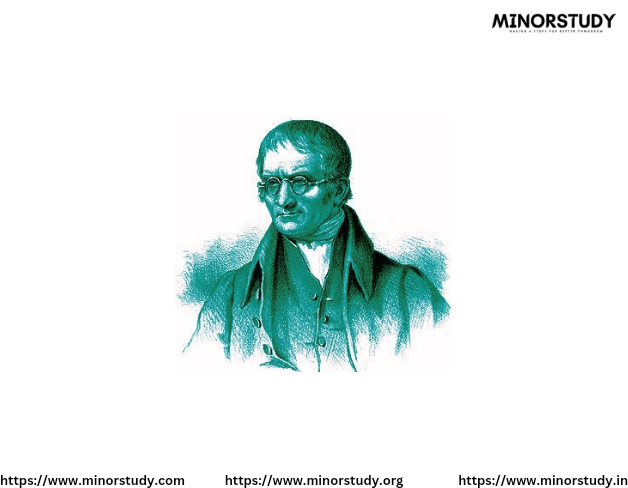James Chadwick
- Minorstudy Web blogs
- Dec 8, 2024
- 3 min read

James Chadwick: Overview, Contributions, and Legacy
Full Name: James ChadwickBorn: October 20, 1891, Bollington, Cheshire, EnglandDied: July 24, 1974, Cambridge, EnglandNationality: BritishKnown For: Discovery of the neutron
About James Chadwick
James Chadwick was a renowned English physicist best known for his discovery of the neutron, a fundamental particle of the atom. His groundbreaking work significantly advanced our understanding of atomic structure and paved the way for developments in nuclear science, including the development of nuclear energy and atomic weapons.
Key Historical Milestones
1891: Born in Bollington, England.
1911: Attended the University of Manchester, where he worked under Ernest Rutherford.
1932: Discovered the neutron, earning him the Nobel Prize in Physics in 1935.
1941-1945: Played a critical role in the development of the atomic bomb as part of the Manhattan Project.
1974: Passed away, leaving a legacy of transformative contributions to science.
Discovery of the Neutron
Chadwick’s discovery of the neutron in 1932 revolutionized atomic theory.
Prior to his work, the atom was thought to consist only of electrons orbiting a nucleus made of protons.
Neutrons, being electrically neutral, explained why some atomic nuclei were heavier than could be accounted for by protons alone.
This discovery:
Explained isotopes—atoms of the same element with different masses.
Led to further research on nuclear fission, making nuclear reactors and atomic bombs possible.
Contributions to Science
1. The Neutron
Chadwick identified neutrons as neutral particles in the nucleus with a mass similar to that of protons.
This discovery addressed inconsistencies in atomic mass and nuclear behavior.
2. Nuclear Fission
His work on neutrons facilitated research into nuclear fission, leading to the development of nuclear power and weaponry.
He provided key insights into how uranium atoms could be split, releasing tremendous energy.
3. Manhattan Project
During World War II, Chadwick was a key figure in the Manhattan Project, the Allied effort to develop the atomic bomb.
His expertise in nuclear physics contributed to the successful design and construction of the bomb.
Significance of Chadwick’s Work
Atomic Theory: The neutron's discovery completed the picture of the atomic nucleus, transforming our understanding of atomic structure.
Nuclear Science: Chadwick’s work laid the foundation for nuclear energy and medical applications, such as cancer treatment using neutron therapy.
World War II: His contributions to the Manhattan Project had far-reaching effects on global politics and science.
Important Facts
Education: Chadwick studied under Ernest Rutherford, who discovered the proton.
Nobel Prize: He was awarded the 1935 Nobel Prize in Physics for the discovery of the neutron.
Knighted: Chadwick was knighted in 1945 for his contributions to science and the war effort.
Nuclear Stability: Neutrons play a crucial role in stabilizing the nucleus of an atom by offsetting the repulsive forces between positively charged protons.
Timeline
1891: Born in Cheshire, England.
1911: Began studies under Ernest Rutherford at the University of Manchester.
1932: Published the discovery of the neutron.
1935: Received the Nobel Prize in Physics.
1941-1945: Worked on the Manhattan Project.
1974: Passed away in Cambridge, England.
Quotes by James Chadwick
"We have found the neutron. We are now at the heart of the atom."
"Science is not about why; it is about why not."
Observances and Legacy
Chadwick's contributions are celebrated in the fields of physics and nuclear science.
His work continues to influence research in energy, medicine, and technology.
The discovery of the neutron is regarded as one of the most significant scientific achievements of the 20th century.
Why Is James Chadwick Important?
Chadwick’s discovery of the neutron not only deepened our understanding of atomic structure but also had profound implications for science and society. It made nuclear power feasible, transformed medicine, and altered the course of history through its role in the development of nuclear weapons.











Comments